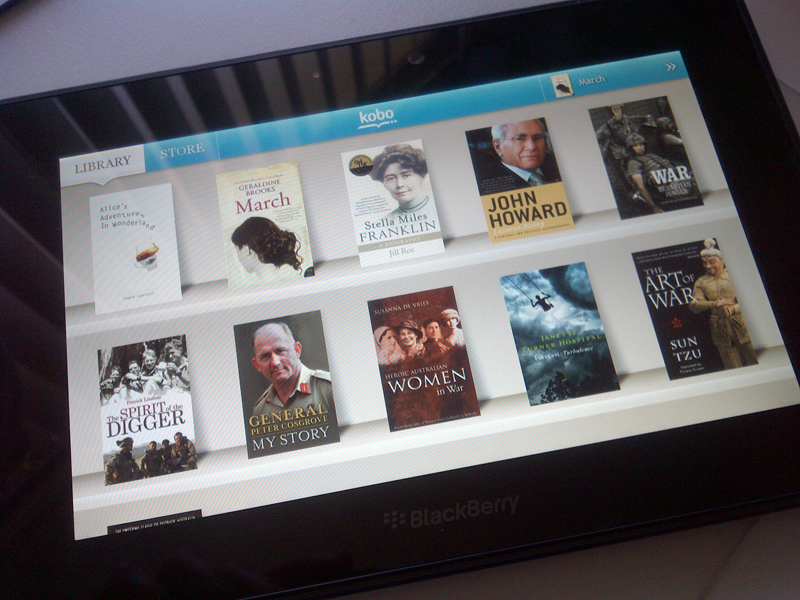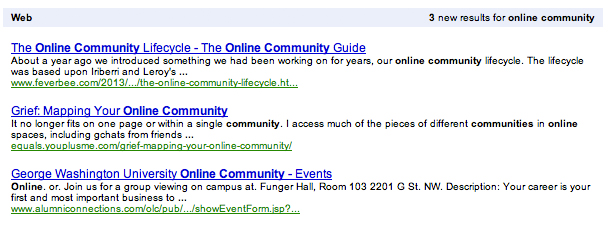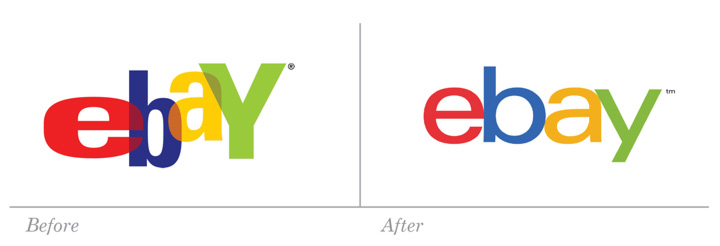When eBay’s founder Pierre Omidyar first developed the site, his original vision was to create a “fair and equitable marketplace” where the little guy could have as good a chance to compete with the big guys as possible through a new online auction platform.
Almost twenty years on from the global auction site’s humble beginnings, does the reality still live up to Omidyar’s idealistic vision?
I would argue that no, it doesn’t. A lot has changed since 1995 and it appears that the commercialisation of the web has succeeded in pushing ideals aside for profits.
I first registered as a buyer and seller on eBay in 2003. I honestly can’t believe that I didn’t register sooner because, before I knew it, I was selling off second-hand clothing, books, CDs, video games, toys, and a ton of junk that was just lying around the house. I was also making quite a bit of pocket money in the process. Over time I got more adventurous, buying things on sale in stores that I thought would have good resale value on eBay. I certainly wasn’t earning millions, but it was enough to help me pay for other things that interested me, like hobbies and overseas travel.
But eBay’s business model progressively changed and, as one of the ‘little guys’ who was just having fun and earning a bit of spare cash from behind their PCs, it became more and more difficult to sell through the site.
eBay’s interests have changed. They don’t want to be seen as a virtual flea market anymore. They want to emulate the successful Amazon.com business model, and become a virtual marketplace for the big guys. Users like me are just small fry and, even though we’re the reason that eBay became so successful in the first place, the tiny listing and final value fees earned off of second-hand books and knick knacks are not going to be enough satisfy the shareholders and Board of Directors.
I knew it was the beginning of the end back in 2008 when eBay decided that they wanted to force sellers to offer PayPal as the only payment option on listings. Up until then, you could offer it, but it wasn’t compulsory. eBay owns PayPal and would potentially earn an extra 2-3% in fees per transaction if the proposal went ahead. What they were proposing is essentially known as third-line forcing, and it’s strictly prohibited by Australian trade practices law. The ACCC got involved (I was so passionately against this proposal that I even made a submission to the ACCC myself!) and their final decision was that it was anti-competitive behaviour and eBay’s notification was revoked.
Despite this positive outcome, there was a marked change to the atmosphere on eBay. It didn’t feel like a place for the little guys anymore. I stopped selling on eBay around that time and only returned recently to see whether things had improved. They haven’t, in my opinion, and if anything they have gotten worse. Fee structures have been changed dramatically so that small-time sellers have been priced out of using tools like the eBay store, and the item searches have been tweaked so that listings from larger sellers get priority over smaller ones.
They’ve even redesigned their original logo (you can judge for yourself which one you prefer!)
So, from my personal experience, I don’t believe that eBay is still a fair and equitable marketplace. It has evolved, certainly, but whether that is for better or worse is up to the future to decide. In my mind, it’ll always be a place that offered great opportunities for average people to start their own businesses, and gain freedom and autonomy over their lives. Who knows where they’ll go to do that now (Etsy, perhaps?)
[ This post is a response to Download: The True Story of the Internet, Episode 3 – Bubble ]






